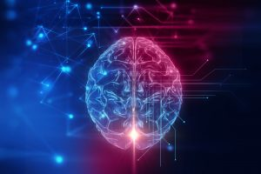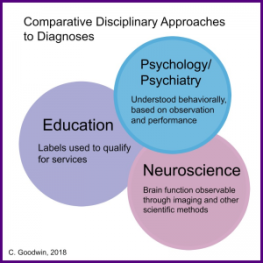by Sharon Duncan, Corin Goodwin, Joanna Haase, PhD, MFT, and Sarah Wilson

A collaboration of GHF: Gifted Homeschoolers Forum and GRO: Gifted Research and Outreach
Confusion abounds over the many connotations of the term “gifted.” Is it an educational label? A psychological label? Does it have a neurological basis? In fact, each of those areas of study encompass distinct paradigms and implications for the definition of this single word.
The world of education often uses labels to qualify for services that will allow the individual child to perform adequately in the classroom. This practical approach to giftedness in the typical school setting addresses perceived needs and supports the child in fitting into that particular environment.

In psychology, because giftedness isn’t included in the DSM V, it is often overlooked as an area of potential exploration, overshadowed by the focus on pathologies. While giftedness has become increasingly acknowledged in the field of psychology, identification relies largely on checklists and a variety of assessment tools, which are continually revised to reflect the most current understanding of gifted characteristics. Instead, the identification of giftedness should be based on a combination of observation, performance, and assessment tools. The many crossovers between giftedness as it is understood behaviorally and other diagnoses often leads to mislabeling and underidentification.
One way in which we may be able to find clarity across disciplines is in the examination of how the physiology of a gifted brain differs from a “neurotypical” brain. As our ability to observe brain function directly through imaging or other methods increases, the more we learn about what giftedness looks like at its root. This leads to the question: Are there common neurological features which lead to behaviors (psychology/psychiatry) that are addressed in the educational realm?
Existing literature suggests that, indeed, the gifted brain is different than a neurotypical brain, and we will address these differences and their potential implications in a series of short articles.
The topics are as follows (click to view) :
- Larger regional brain volume
- Greater connectivity across brain regions
- Increased brain activation
- Greater sensory sensitivity
- Increased brain areas associated with emotional processing
These articles were first published by GHF: Gifted Homeschoolers Forum.